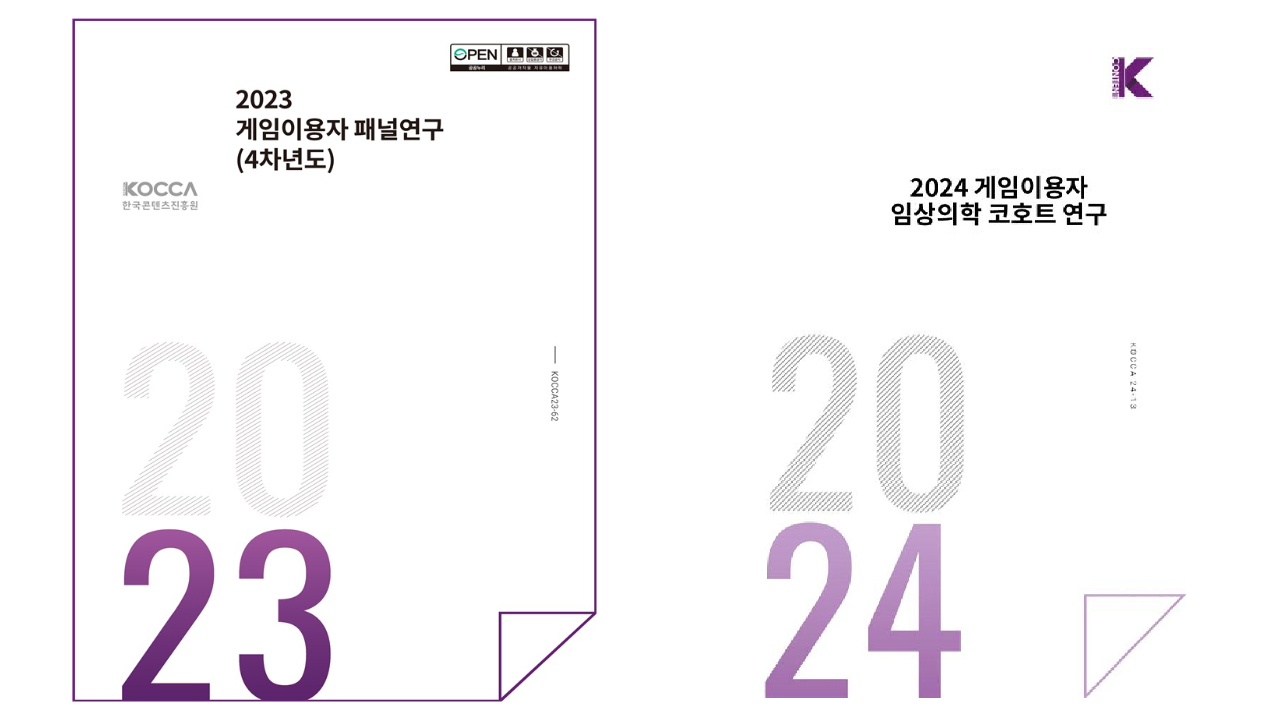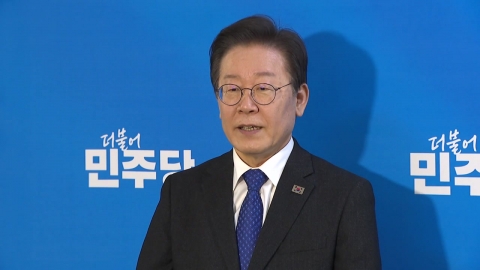The panel study followed and investigated the relationship between game users' game behavior types and various factors such as education, economy, society, and psychology for a long time. From 2020 to 2023, 929 children and adolescents and 705 adults who participated in the game user panel survey were classified into game behavior types and analyzed the probability that game behavior characteristics, social and psychological factors, and learning factors, such as game usage time, will be included in specific game behavior types.
The cohort study, which refers to prospective follow-up, was conducted to reveal a neutral and medical basis for behavior and brain changes that occur after using Internet games. To this end, the structure and function of the brain were examined through intelligence tests and brain MRI scans based on elementary, middle and high school cohorts recruited in 2021 and 2022, and self-report surveys were also conducted.
As a result of the survey, both children, adolescents, and adults showed a continuous decrease in game usage and game duration, and after being included in the over-immersion or over-immersion risk group, it was also confirmed that game usage and game duration were less than before.
In addition, game usage time did not act as a factor to distinguish between the game use group that uses the game soundly for positive purposes and the game that uses it problematically and the immersion group. As there is no difference between the game behavior type groups in clinical brain activation changes, it was found that the evidence that game use time directly affects game use disorder is unclear.
According to the World Health Organization, problematic game behavior must continue for more than 12 months in order to be classified as a game overindulgent group, but no game users showed such behavior patterns. In particular, 7 high school game users classified as over-immersion groups at the time of the 1st year survey decreased to 2 in the 4th year survey when they became adults, and there were many cases in clinical practice that changed from a risk group between 2 and 3 years to a general user group.
As the age group increases, problematic game behavior is likely to ease or disappear in the process of life cycle change and growth and development, suggesting that it is a phenomenon that naturally disappears in the process of growth even if there is no special medical intervention.
Game users were found to have a significant relationship with the improvement of attention concentration. When the game user's attention level increased and the level of hyperactivity decreased, the probability of being included in the over-immersive risk group decreased. Through this, we derived a result that game use can help concentrate.
The two reports published this time are expected to provide standards as the World Health Organization's registration of disease codes for game use disorders caused a lot of controversy in Korea in 2019.
More detailed research results on this study can be found on the Konjinwon website on the 20th.
[Copyright holder (c) YTN Unauthorized reproduction, redistribution and use of AI data prohibited]
Game
More- Nahonleb Enjoys 50 Million, Updates 'Ver 3.0 Jeju Island Raid'
- The first 77 games we meet..."Reflects user opinions"
- After 5 years of waiting, it's finally coming out!...'Red Desert' to be released in the fourth quarter of 2025
- The anticipated work is coming! "First Bursker: Kazan" officially released on March 28, 25






![[On site Y] Song Joong Ki..."'Bogota' is a story that turns into one thing for survival."](https://image.ytn.co.kr/general/jpg/2024/1219/202412191721064962_h.jpg)
